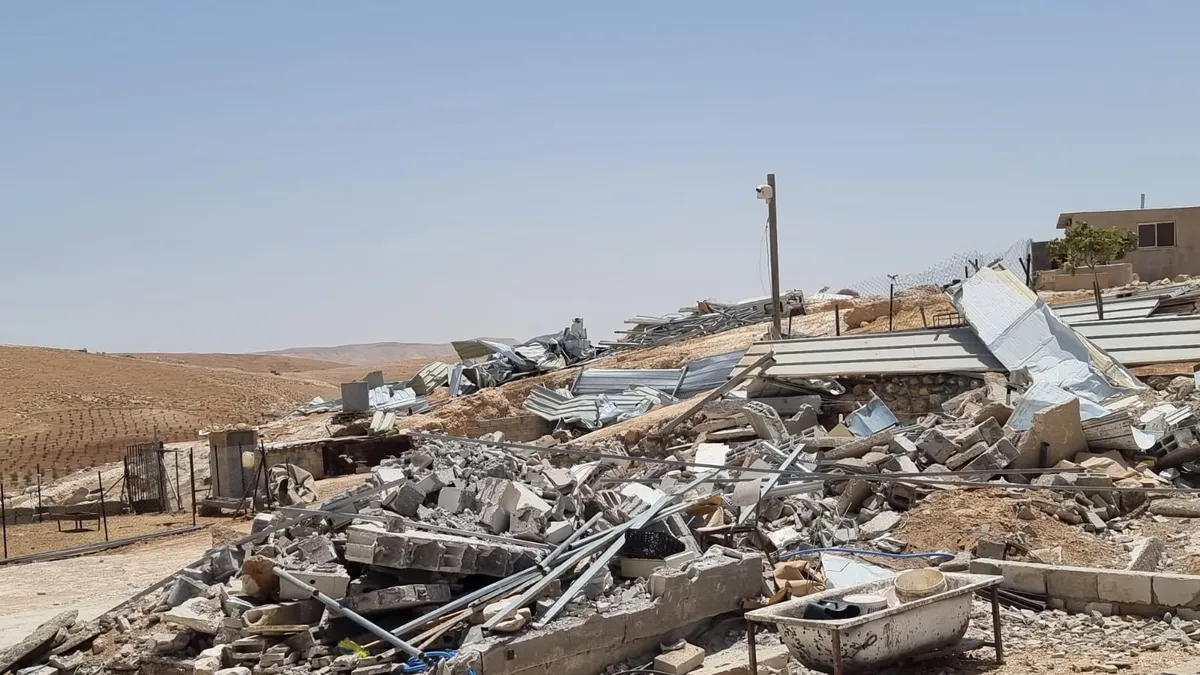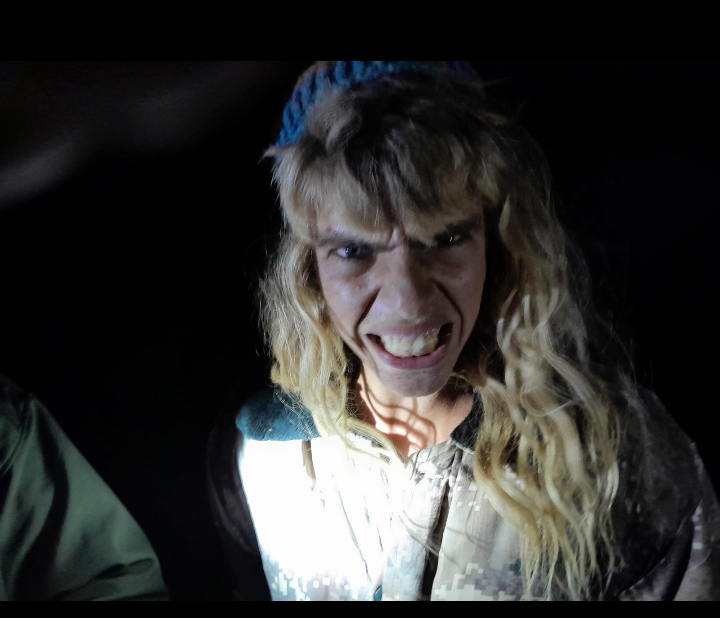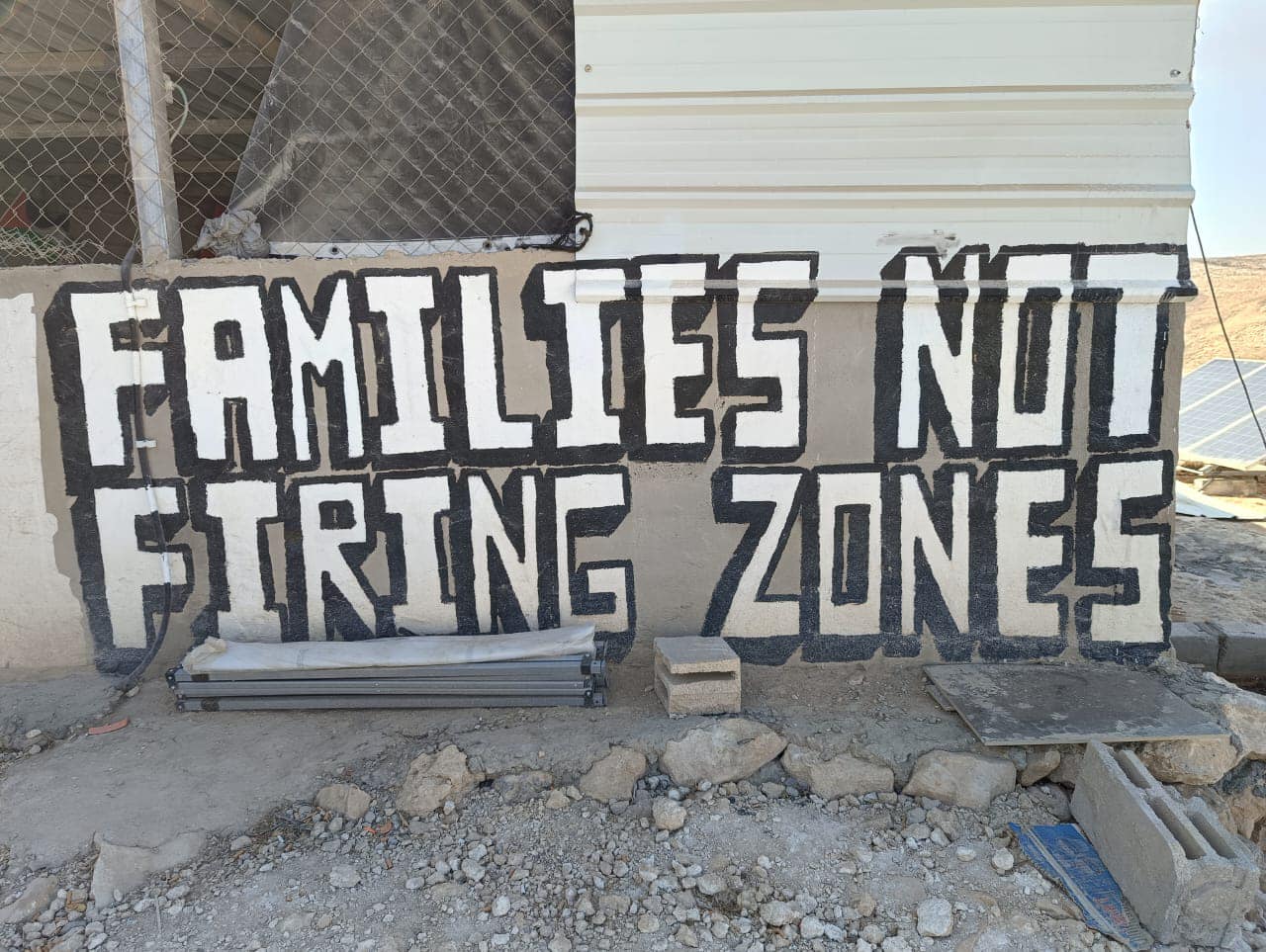Tag: Settler violence
-
Masafer Yatta Families Displaced Following Home Demolitions
7 December 2023 | International Solidarity Movement | Masafer Yatta, Occupied West Bank In just over one week, several Palestinian family homes were relegated to fields of rubble after occupation army bulldozers invaded several villages including al Deirat, Umm Lasafa and Umm Qissa. The demolitions left Palestinian children and their families homeless as the targeted…
-
Palestinian Families in Mleihat Endure Night of Terror Following Settler Home Invasions
During the home invasions, the settlers committed violent assaults of Palestinian residents, traumatized children, insulted the women of the home and stole sheep from two Mleihat residents.
-
One day in Masafer Yatta
2 November 2023 | Masafer Yatta| International Solidarity Movement The testimony from a volunteer in Masafer Yatta, October 28. One day in the life of … … three villages in the South Hebron Hills ; Tuwani, Shi’b Al Batin and Khalet Al Dabaa. Villages that I’ve come to know over the past fortnight and…



